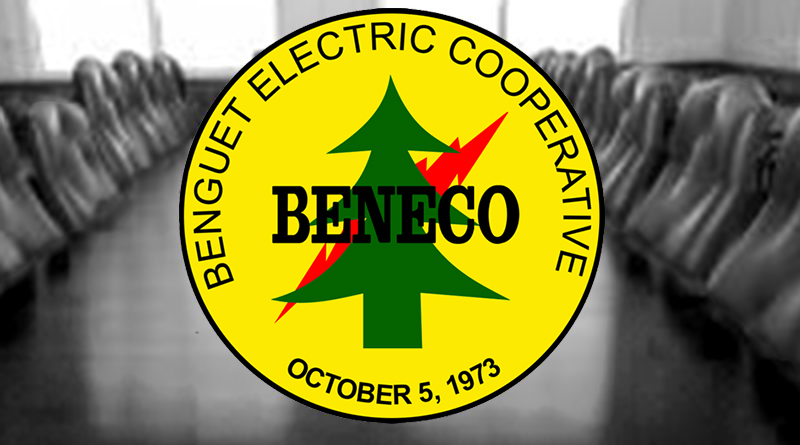BAGUIO CITY – President Rodrigo R. Duterte fulfilled one of his promises during a meeting with cordillera leaders in the Palace last July when he appointed two full-blooded Cordillerans to be part of the 25-member Consultative Committee that serve as the advisory body in the drafting of a new Charter for the planned shift to federal form of government.
President Duterte named Dr. Virgilio Castillo Bautista, former president of the University of Baguio (UB) and former private sector representative of the Regional Development Council (RDC) in the Cordillera, and Lawrence Wacnang, former Kalinga congressman, as part of the 19 members who were named to comprise the 25-member advisory body.
Last July 18, 2017, the President assured Cordillera leaders that he will include two Cordillerans in the 25-member Consultative Committee that will serve as an advisory body in the drafting of a new Charter to advance the government’s planned shift to federal form of government so that issues and concerns emanating from the region will be properly ventilated in the said body.
However, Cordillerans are still awaiting one of the President’s commitment during the said first-ever meeting with Cordillera leaders that he will certify House Bill (HB) 5343 or the bill that seeks to establish an autonomous region in the Cordillera as a priority administration legislation side by side with the controversial Bangsamoro Basic Law (BBL).
Bautista, who was surprised over the appointment, expressed his gratitude to the President and those who bestowed their support to him for the new job that will surely entail enormous workload because of the need to conduct the needed consultations around the country to achieve the best for the planned shift to federal form.
“I was surprised upon learning about the appointment because I did not expect to be part of the committee which is composed of seasoned constitutionalists. I have to do a lot of research before the release of our appointment papers and before we will be asked to report for work,” Bautista stressed in a telephone interview.
Mayor Mauricio G. Domogan, who chairs the RDC-CAR, expressed his gratitude to the President for fulfilling one of his previous promises so that the Cordillerans will have the chance to raise their issues and concerns to the proper forum which will be in the Consultative Committee.
The local chief executive stated that while it is true that the appointment of 2 Cordillerans to the Consultative Committee is a welcome development for Cordillerans, it is unfortunate that there are some groups in the region who are trying to derail the gains of the region’s renewed quest for regional autonomy considering that the RDC-Car already embraced autonomy towards federalism as its overarching goal to guarantee better development opportunities for the region.
He underscored that once the Palace will be tempted to act on the proposed reactivation of the Cordillera bodies by personalities with questionable track records, the quest for the establishment of an autonomous region will surely be derailed and once the Cordillera will be included as part of the proposed North Luzon Federal State, the situation will probably worst than when the local governments in the region were parts of Regions I and II.
Domogan appealed to the President not to be misled by purported federalism advocates from the region because their primordial interest is to advance their own personal and political interests and not the overall concern of Cordillerans which is the realization of the region’s autonomous status since autonomy is seen as the one that will move the people out from the shackles of poverty because the regional government will be able to maximize the utilization of the region’s resources with lesser restraint from outside forces.
According to him, even federalism experts who studied the proposed autonomy bill of the Cordillera have concluded that the proposed bill is far more less controversial compared to the BBL, thus, it should not suffer from constitutional issues.
He emphasized that the RDC-CAR is supportive of the administration’s planned shift to federal form of government but the autonomous region of the Cordillera must first be in place to allow the regional government to have a leverage in negotiating with the federal state that will be established on its existence as a special autonomous region within the federal state or an independent federal state with equalizing provisions to be able to get substantial support from the national government and other developed regions in the country.
By HENT













